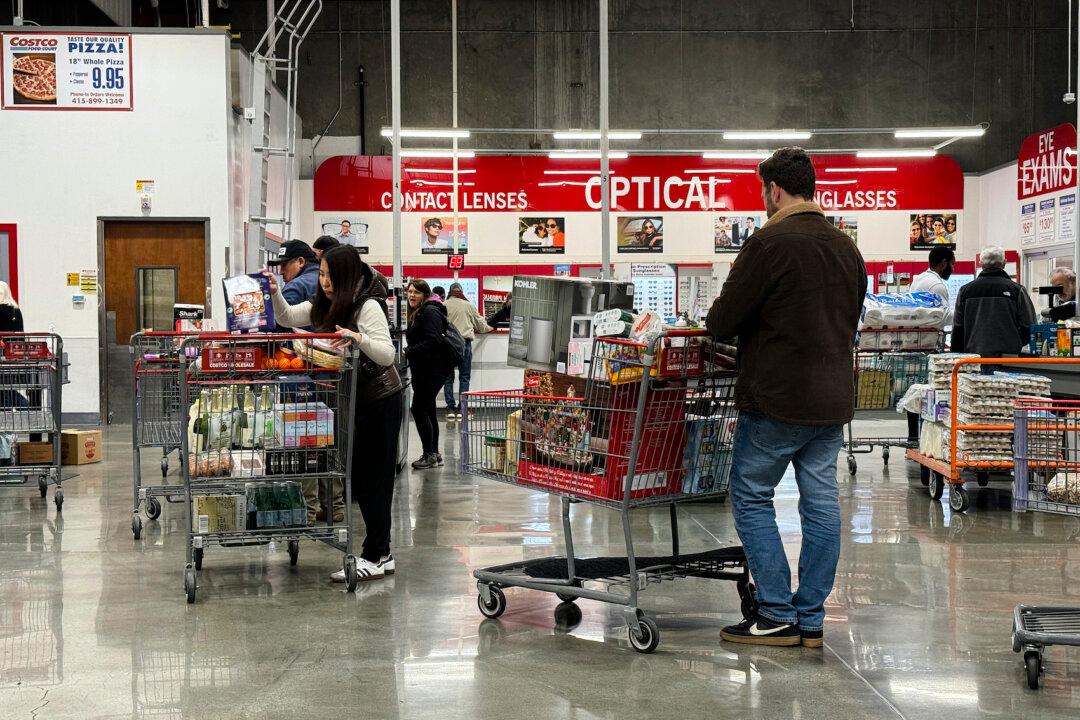U.S. consumer confidence tumbled to a 15-month low in February, as inflation fears surged and expectations for both the broader economy and personal finances deteriorated.
The University of Michigan’s consumer sentiment index, released on Feb. 21, dropped to 64.7 in February, down from 71.7 in January, marking the lowest level since November 2023. The final reading represented a downside surprise, coming in below both the preliminary estimate of 67.8 and economists’ expectations, signaling greater pessimism among consumers.





